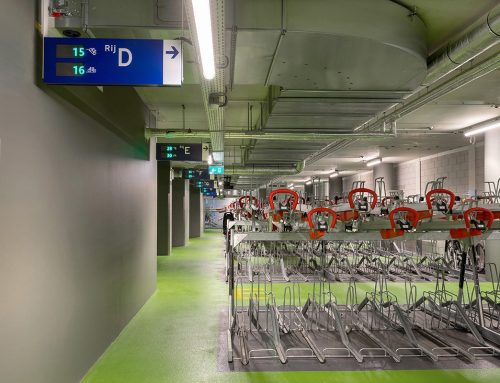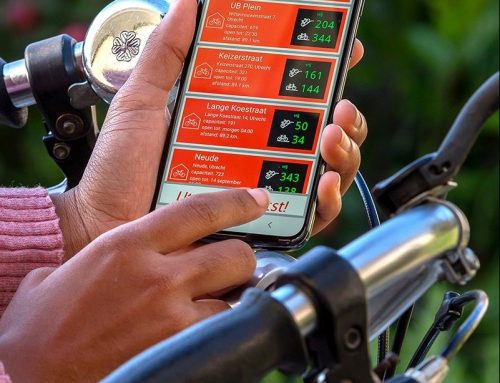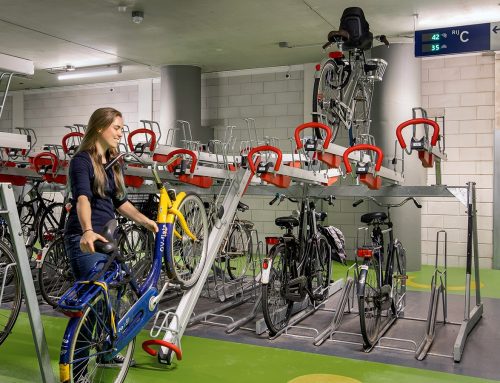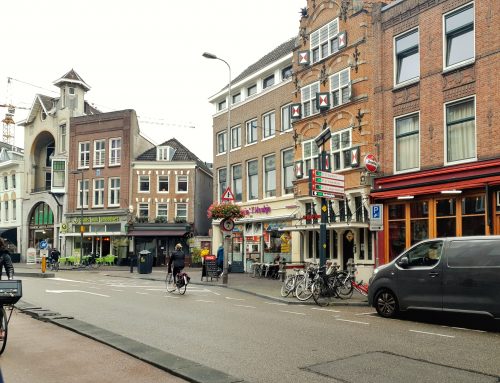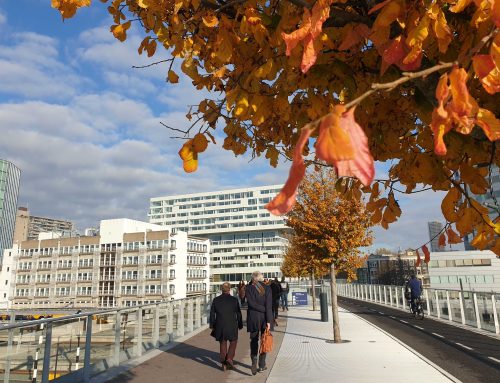The Netherlands aims to reduce its greenhouse gas emissions by 49% by 2030 in comparison to the 1990 level. The measure was presented in the National Climate Agreement that the Minister of Economic Affairs and Climate Policy, Eric Wiebes, sent to parliament on 28 June 2019, also on behalf of the Ministers of the Interior and Kingdom Relations, Agriculture, and Infrastructure and Water Management.
The Netherlands Climate Agreement
The agreement relies on the principle that it must be feasible and affordable for everyone to reduce their carbon emissions. Therefore, the government is seeking a cost-efficient transition which will limit the financial impact on households. The burden will be distributed between citizens and businesses. Over the past year, more than 100 parties have developed a proposal that will enable the Netherlands to halve its emission by 2030
In the measure for mobility sector, the Netherlands focuses on:
- All new passenger cars to be emission-free by 2030.
- Incentives for electric vehicles through several taxation measures, including in support of the used car market; 1.8 million charging points by 2030.
- Modal shift from car to bicycle / public transport.
- Smart solutions will enable logistics to organise more efficient and sustainable transport.
LUMIGUIDE and Smart Parking & Mobility Management
As a smart mobility company, we are fully aware that a smart solution in green mobility will accelerate the government plans. LUMIGUIDE plays a role in the emission reduction with our contribution to the ‘Club of 49’. The Club of 49 is a network of companies that are actively committed to reducing their greenhouse gas emissions by 49% in 2030. Club members exchange knowledge and experiences and investigate how this 49% reduction can also be translated into the business chain.
LUMIGUIDE was certified in January 2015 for CO₂ performance ladder level 5. The certificate was issued on January 15, 2015. In 2019, LUMIGUIDE joined the sector initiative ‘Club of 49’.
LUMIGUIDE plays a significant role in facilitating cycling and in offering smart solutions for efficient and sustainable transportation. Our technology allows easy parking for commuters and better traffic flow management in urban areas. Our vision is to create cities that are not only smart and sustainable but also nice to live in. A city in which everyone can quickly and pleasantly move from A to B. This includes an ambitious CO2 reduction objective. Only then can our vision become reality.
As an innovative company, we focus on products that help people find a parking place for cars or bicycles faster and more efficiently, that map various traffic flows and that provide mobility data. This data will allow municipalities to enhance their mobility policy. Within our company, we will focus on cleaner transport and the greening of the business premises in which we are located.
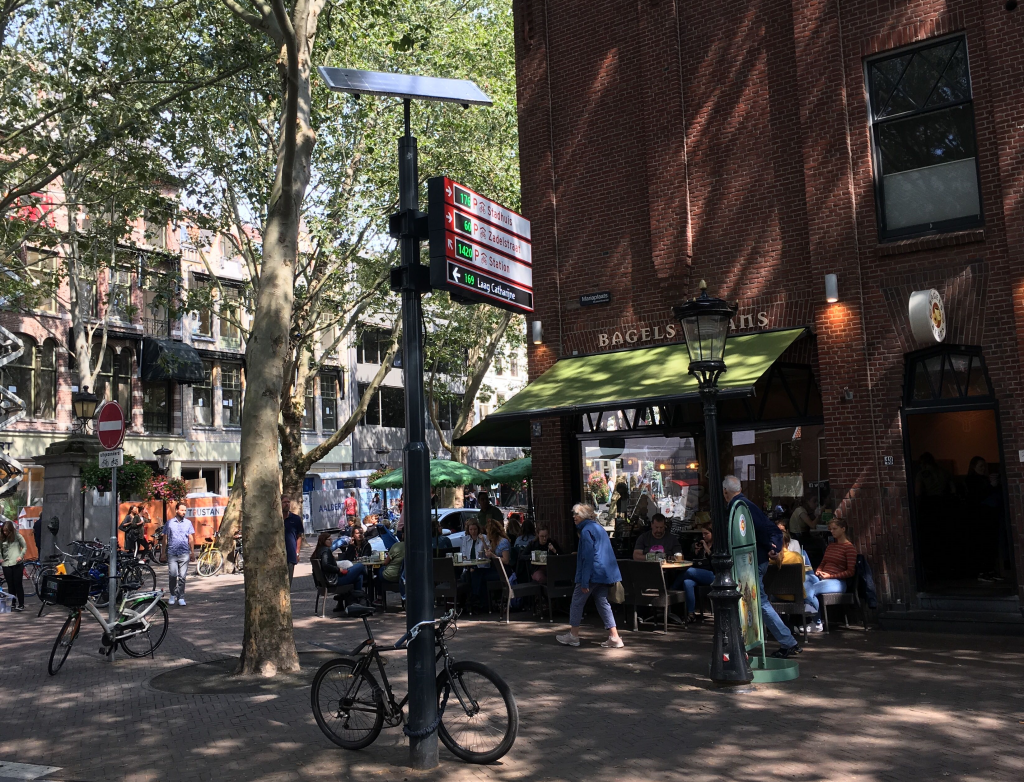
Effect of the new Climate Agreement on Bicycle Mobility in The Netherlands
This recognition of the bicycle as a fully-fledged part of the Dutch mobility system, resulted in several positive waves towards green mobility. The Netherlands, together with the EU, also want to achieve a 55% reduction in CO2 level by 2030 and support net-carbon economy by 2050.
With this there are five main results that could be relevant for cycling in Climate Agreement:
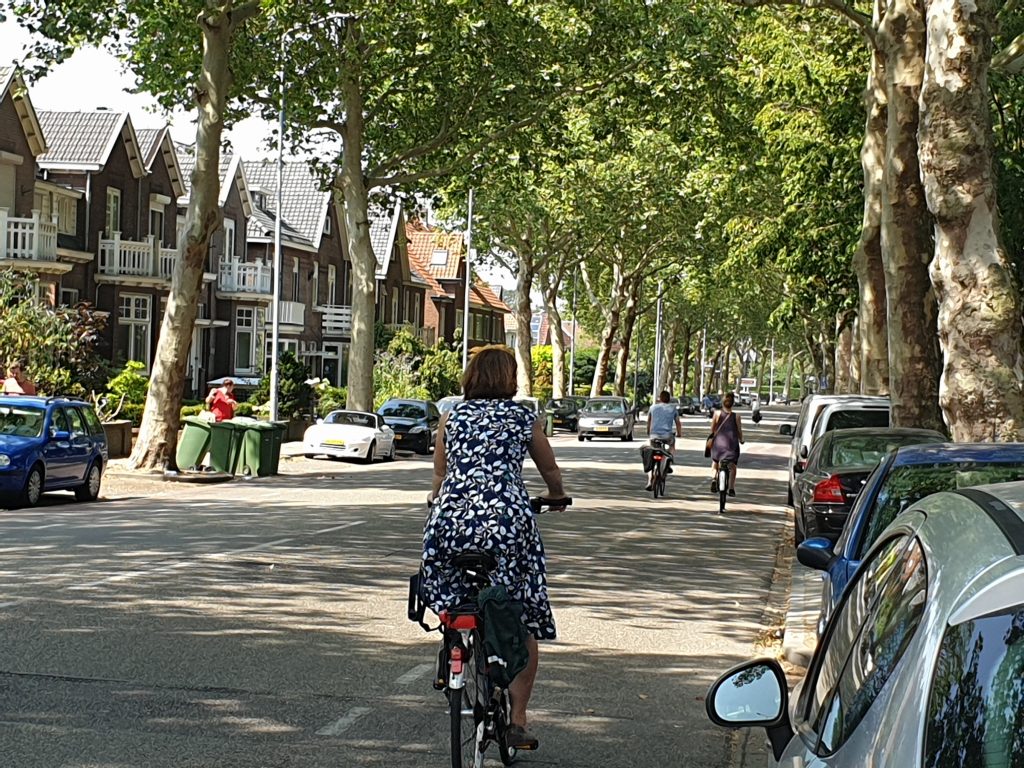
1. After the investment of 345 million euros in 2018 for the improvement of cycling route and additional parking facilities, there will be an additional 75 million euros investment for bicycle parking at public transport hubs. This is according to the Dutch Cycling Association and ECF member Fietsersbond.
2. The government will include the bicycle as part of spatial planning and mobility issues. This means that cycling will become a structural part of government policy from 2030 onwards.
3. The city logistics will focus on delivery by cargo bike in the context of zero-emission city logistics. These cargo bikes will replace the role of diesel vans in urban areas. Therefore, cities must develop a safer infrastructure for the cyclist to have fast delivery without danger to other road users.
4. Cycling to work will be the new norm. Employers will encourage their employees to come to work using environmentally friendly transportation such as a bicycle. In addition to this, the Dutch government will also give a tax reduction to employees who come to work by bike.
5. In the coming year, there will be large-scale infrastructure improvements. This will be an excellent opportunity to integrate the construction of cycling paths or parking spots in the renovation process. With the fluctuations in climate, it will be necessary to create climate-proof bicycle facilities.



